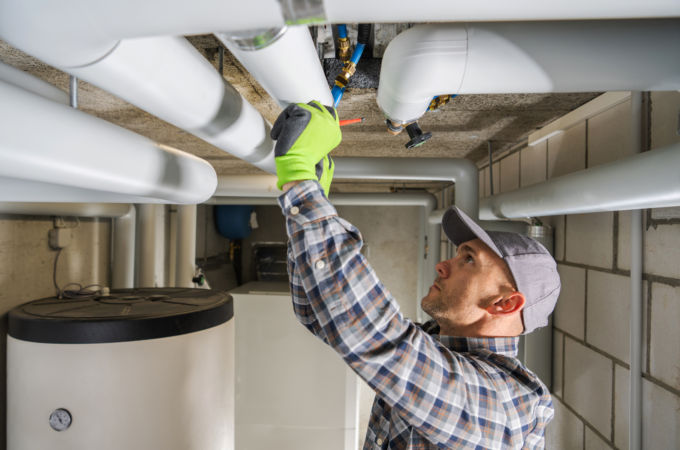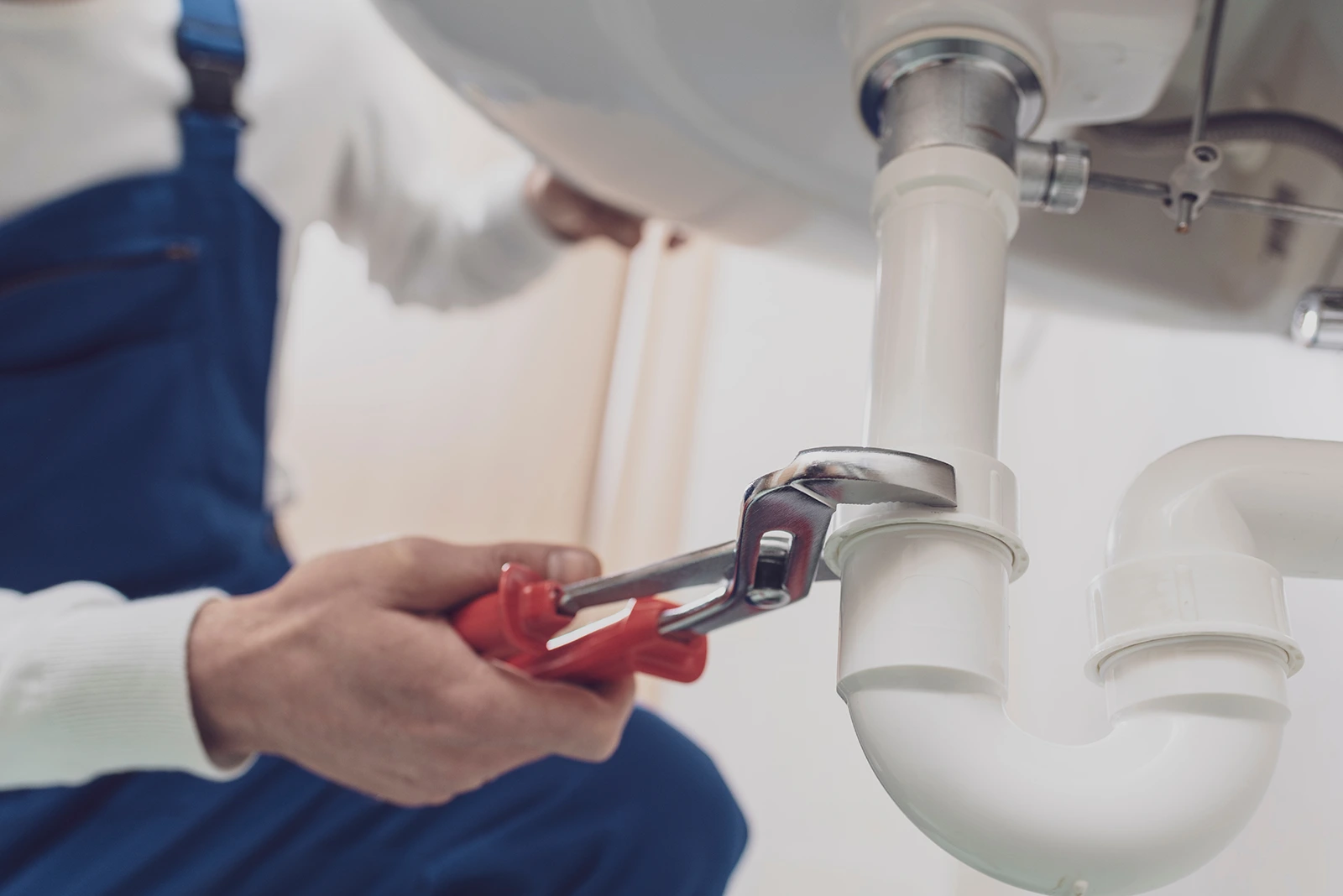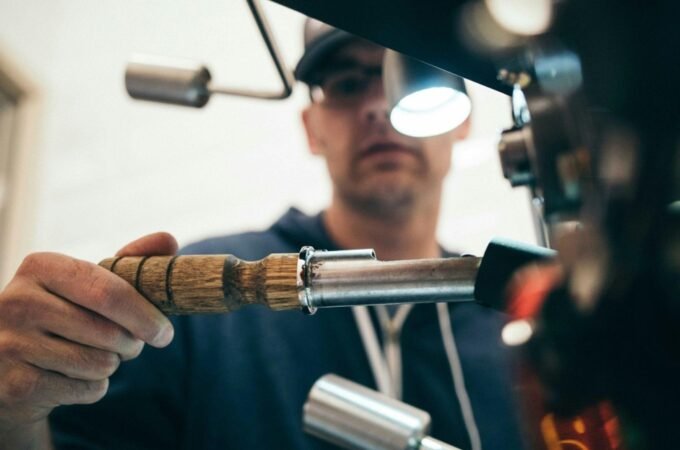
Plumbing Tips for Homeowners: DIY Fixes and Maintenance
Every homeowner should make it a top priority to ensure that their plumbing system is in good working order. The most typical plumbing issues are leaking faucets and sluggish drains, which may significantly impact their day-to-day lives. While it is always advisable to consult a professional plumber for complex problems, there are some repairs and maintenance duties that householders can perform themselves. This article will explore practical plumbing tips that can help address common issues and keep your plumbing system in good condition.
Table of Contents
ToggleEssential Tools Every Homeowner Should Have
Before attempting any plumbing repairs, having a few basic tools on hand is essential. These tools will be helpful for various tasks and enable you to handle minor plumbing issues effectively. Some must-have tools for homeowners include an adjustable wrench, pliers, a pipe wrench, plumber’s tape, a drain snake, and a plunger. These tools are readily available and allow you to address common plumbing problems promptly.
Dealing with Leaky Faucets
Leaky faucets are a disturbance to deal with and, over time, may result in significant water loss. The good news is that a homeowner can often manage the straightforward process of repairing a leaking faucet independently. To begin, switch off the water supply connected to the faucet. Then, unscrew the faucet handle using a screwdriver and look for broken parts, such as washers or O-rings. Replace these parts as necessary and reassemble the faucet. Finally, restart the water supply to see whether the leak has been resolved.
Fixing a Running Toilet
If you leave the water running in the toilet, you might be wasting a significant amount of water and driving up your energy costs. To solve this problem, remove the tank lid and look inside the flapper valve. When the toilet is not in use, the flapper valve should be utilized to close off the tank, preventing water from leaking.
If the flapper is worn out or broken, it may not produce a suitable seal, resulting in water constantly flowing into the bowl. You can avoid this by changing the flapper. In such circumstances, replacing the flapper valve is often required to rectify the situation. Before doing any kind of repair work on the toilet, make sure you remember to switch off the water supply.
Clearing Clogged Drains
Drains that get clogged are among homeowners’ most common issues with their plumbing. Even though there are a lot of chemical drain cleaners on the market, you should avoid using them since they harm both your plumbing and the environment. Instead, opt for natural methods or use a drain snake.
Pouring boiling water down the drain or combining baking soda and vinegar are two common and effective ways to unclog a drain when the obstruction is minimal. If the clog persists, a drain snake can help remove the blockage effectively. Put the snake into the drain, then turn it so the handle faces clockwise as you continue pulling it forward. It will assist in dislodging the obstruction and cleaning out the drain.
Regularly Inspect for Water Leaks
Leaks caused by water may go undetected for long periods, resulting in extensive damage to your house and expensive repairs. Because of this, you must do routine checks on your plumbing system to look for any symptoms of leaks. Check visible pipes, faucets, and fixtures for dripping water or moisture.
Additionally, take note of your water meter reading when all water sources within the house have been shut off. If the meter keeps running or exhibits variations, this might indicate a hidden leak. Promptly addressing water leaks can save you from unnecessary expenses and prevent further damage to your property.
Insulating Pipes to Prevent Freezing
Pipes that freeze may be a severe problem in areas that experience a colder environment. When the water in pipes freezes and expands, it puts pressure on the pipe walls, which may eventually cause the lines to burst. When this happens, water damage can occur.
Insulating pipes exposed to the outside is essential, and positioning them in unheated areas such as basements, crawl spaces, or attics avoids this problem. Insulation sleeves or heat tape can help maintain an appropriate temperature range and avoid freezing.
In addition, when there is the possibility of freezing weather, the cabinet doors beneath sinks should be opened so that warm air may circulate the pipes. These preventative measures may save you the headache and additional cost of dealing with broken lines.
Know Your Water Main Shut-Off Valve
If there is a problem with the plumbing, it is essential to be aware of the position of the main valve that turns off the water supply. This valve regulates the water supply into your residence, typically near the water meter. Understanding how to shut off the water supply can help minimize damage in case of a burst pipe or significant leak. Ensure that every household member is aware of the position of the valve and how to turn it off. In addition, it is advisable to do routine maintenance checks on the valve to guarantee its good operating condition.
Checking Water Pressure
Your plumbing system must have the correct pressure to ensure water flows effectively. Low water pressure may make day-to-day activities more difficult, while high water pressure might cause damage to the pipes and leaks. It is possible to utilize a pressure gauge linked to an outside sink to determine the water pressure in your house. The meter will display the pressure reading. To safeguard your plumbing from damage caused by excessive force, you may need to have a pressure regulator installed. You can consult a plumber to diagnose and address the underlying cause if it’s too low.
Avoiding Chemical Drain Cleaners
Drain cleaners that use chemicals advertise as a fast remedy for blocked drains. On the other hand, the prolonged use of these harsh chemicals may wreak havoc on your plumbing and harm the environment. Instead, opt for alternative methods to clear clogs. As previously stated, natural treatments such as baking soda and vinegar may be helpful too. Another alternative is manually removing the obstruction using a drain snake or auger. By eliminating chemical drain cleaners, you safeguard your plumbing while encouraging a greener, more sustainable approach to house care.
Maintaining Your Water Heater
Water heaters are essential for supplying hot water to your family. You must do routine maintenance on your water heater to keep it in good working order and extend its lifespan. Start by flushing the tank annually to remove the sediment buildup, which can affect efficiency. A temperature and pressure relief valve check is crucial to verify its functioning appropriately. In addition, you should check the water heater to see if there is any evidence of leakage or corrosion. If you notice any issues or if your water heater is more than 10 years old, it’s advisable to have it inspected by a professional plumber.
Properly Using Your Garbage Disposal
Garbage disposals are helpful kitchen appliances but are prone to malfunction if appropriately handled. Clogs may be prevented by avoiding the disposal of fibrous, starchy, or fatty meals. Put them in the standard garbage instead. Keep a steady stream of ice-cold water flowing into the drain after using the remover. It helps flush out any remaining debris. Regularly cleaning your garbage disposal by grinding ice cubes and lemon peels can also help maintain freshness and prevent odors.
Addressing Toilet Clogs with a Plunger
A plunger can often do the trick when faced with a toilet clog. Ensure you use a uniquely intended plunger for the task, as it includes a flange that helps produce a more effective seal. To unclog the toilet, seal the plunger over the drain opening, gently push it down, and quickly pull it up. Repeating this motion multiple times until the water begins to drain is recommended. If the clog does not clear up, you may want help from a plumber or a toilet auger to clear it.
Installing an Access Panel for Easy Maintenance
In some cases, accessing plumbing components behind walls or ceilings can be challenging. Installing the Acudor UCSS Universal Access Door cover panel can provide a convenient solution. This access panel lets you reach plumbing connections, valves, or other hidden components without extensive demolition. In addition to requiring a simple setup, the Acudor UCSS Universal Access Door cover panel enables a spotless and obscure entry point. It’s a practical addition to your home that simplifies maintenance and repairs while maintaining the aesthetics of your living space.
Conclusion
It is possible to maintain a moderate level of control over the plumbing system in your house. By implementing these plumbing tips, homeowners can handle common issues, perform regular maintenance, and promote the longevity of their plumbing system.
Always put safety first. If the situation is complicated or you need clarification on how to fix anything, you should get a professional plumber’s help. With a proactive approach and basic plumbing knowledge, you can ensure a well-functioning system that provides convenience and peace of mind.





